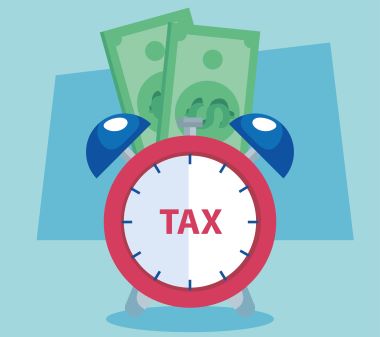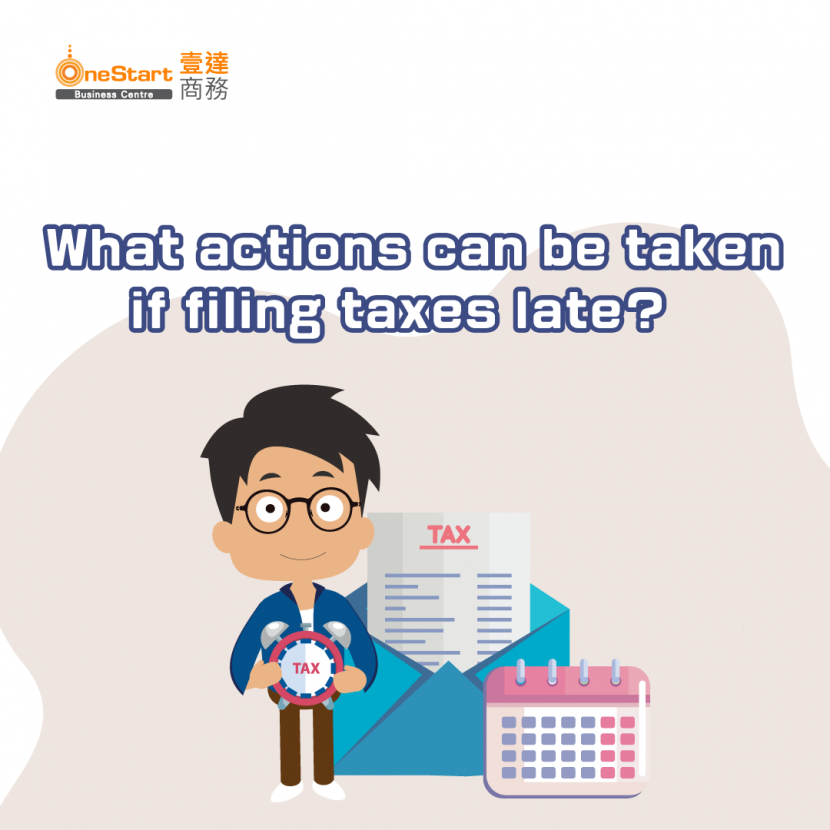Related Article:
Profit Tax Computation in Hong Kong and Deductible Items
Profits Tax in Hong Kong Explained, 3 Tips for Easy Tax Return
Table of contents |
Every year, Hong Kong businesses are required to submit their Profits Tax Return to the Inland Revenue Department (IRD) on time. This is not only a legal obligation but also an important step to ensure lawful business operations. However, for various reasons, some businesses may fail to submit their tax returns within the specified deadline. What should you do if this happens? In addition to filing the tax return as soon as possible, what remedial actions can businesses take to mitigate the impact? This article will explain the consequences of late tax return submissions, possible remedies, and the related process, as well as how professional tax services can help resolve these issues and ensure business compliance.
1. Consequences of Late Tax Return Submission
According to Section 80(2) of the Inland Revenue Ordinance, businesses must submit their Profits Tax Returns within the designated deadline. Failure to do so may result in legal risks, including:
- Legal Risks: Late submission of tax returns can incur a fine of HK$10,000 and may even lead to prosecution.
- Additional Penalties:Businesses may also face penalties of up to three times the amount of unpaid tax.
- Higher Estimated Tax: If a business fails to submit its tax return on time, the IRD may estimate the tax based on limited available information. The estimated assessment by the tax officer will not include deductible items such as allowances, MPF contributions, charitable donations, education expenses, and home loan interest, leading to a higher tax estimate than the actual tax liability.
Application for Tax Return Extension
If a business is unable to submit the tax return on time, it can apply for an extension from the IRD. It is usually recommended that businesses apply for an extension 1 to 2 months before the tax return deadline and provide detailed reasons for the delay. The IRD will decide whether to grant an extension based on the specific circumstances, with the extension period varying according to the company's situation.

2. Process for Filing a Late Tax Return
The application for an extension can besubmitted in writing or through the eTax platform on the GovHK website, specifying the requested extension period. The key to a successful application is clearly explaining the reason for the delay. Here are some important points to note:
- Check Required Documents: Ensure all necessary documents, including financial statements and audit reports, are complete.
- Proactively Contact the IRD:If the delay is caused by special circumstances, the business should proactively contact the IRD, explain the situation, and submit the late tax return.
- Filing Considerations:Businesses should ensure that all submitted information is accurate, so the IRD can process it quickly and avoid further delays due to incomplete or incorrect information.

3. Seeking Assistance from Accountants
When facing late tax return issues, seeking help from a professional accountant is one of the best solutions. Professional accountants can assist in clarifying the reasons for the delay, ensuring the accuracy of documents, and providing comprehensive assistance, including:
- Assisting with Extension Applications: OneStart's accountants can help prepare extension request documents and provide reasonable explanations, increasing the chances of a successful application.
- Calculating Penalties and Interest:Accurately calculate the potential penalties and interest a business may face, and assist with making prompt payments to avoid accumulating fines.
- Handling Tax Recovery Notices:If a business has already received a tax recovery notice, accountants can help communicate with the IRD to apply for installment plans or other solutions.
Benefits of Seeking Professional Assistance
OneStart's tax filing services can not only resolve issues related to late tax return submissions but also help businesses improve their future tax processes, ensuring timely tax filing and avoiding unnecessary penalties and legal risks.

4. Conclusion
Businesses must comply with legal requirements and submit tax returns on time. If, due to special circumstances, the tax return cannot be submitted on time, businesses should promptly apply for an extension or file the tax return and actively seek professional tax assistance. By planning ahead, businesses can avoid penalties, accumulated interest, and unnecessary legal risks, ensuring compliant operations.
Prevention is better than cure. Businesses should prepare their tax work early and file their tax returns on time to avoid unnecessary financial and legal risks.
Click to WhatsApp OneStart:
Know More About Our Services:
















